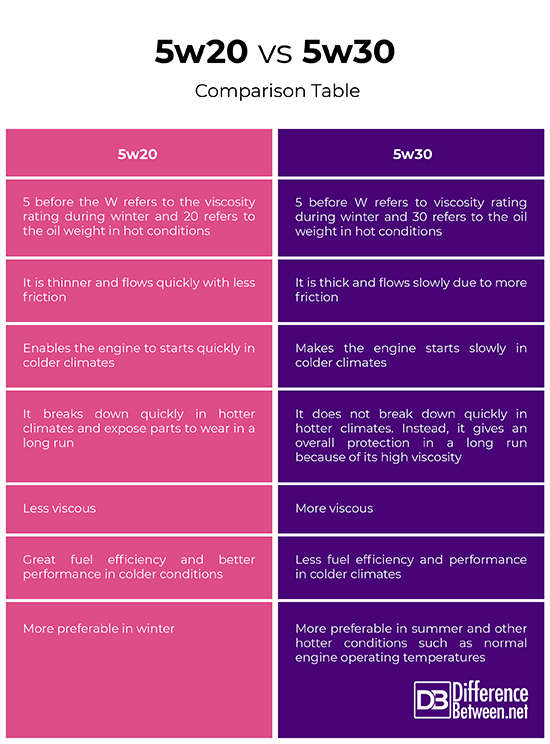When it comes to maintaining your engine, using the correct type of oil is crucial for its longevity and performance. This is particularly true when distinguishing between 4-cycle and 2-cycle engines, as each engine type requires specific oil formulations to operate efficiently. The question of whether 4-cycle oil can be used in a 2-cycle engine is one that often arises among equipment owners. To answer this, we must delve into the fundamental differences between these two engine types and the role oil plays in their operation.
Understanding the Difference
4-Cycle Engines: A 4-cycle engine, also known as a four-stroke engine, operates on four distinct strokes: intake, compression, power, and exhaust. These engines have a separate oil reservoir and do not require oil to be mixed with the fuel. The oil in a 4-cycle engine is designed to lubricate the engine components as it circulates through the system, and it’s not intended to burn in the combustion chamber.
2-Cycle Engines: Conversely, a 2-cycle engine, or two-stroke engine, completes its power cycle in just two strokes: compression and power. These engines require a mixture of oil and fuel to provide both energy and lubrication. The oil in a 2-cycle engine is specifically formulated to mix with gasoline and to be consumed during combustion, providing the necessary lubrication as it burns.
The Risks of Using 4-Cycle Oil in a 2-Cycle Engine
Using 4-cycle oil in a 2-cycle engine can lead to several problems. The additives and heavier composition of 4-cycle oil mean it’s not designed to burn cleanly with fuel like 2-cycle oil. This can result in:
- Inadequate Lubrication: Since 4-cycle oil is not intended to mix with fuel, it may not disperse evenly throughout the engine, leading to poor lubrication and increased wear on engine components.
- Carbon Buildup: The ash-forming materials in 4-cycle oil, such as zinc, calcium, and barium, can lead to carbon deposits within the combustion chamber and exhaust ports, potentially causing blockages and reducing engine efficiency.
- Spark Plug Fouling: The improper combustion of 4-cycle oil can foul the spark plugs, leading to misfires and starting difficulties.
Best Practices for Engine Maintenance
To ensure the optimal performance and longevity of your 2-cycle engine, it’s essential to:
- Use the Correct Oil: Always use oil specifically designed for 2-cycle engines. These oils contain additives that help them burn cleanly with the fuel and protect the engine.
- Follow Manufacturer Recommendations: Consult your engine’s user manual for the correct oil-to-fuel ratio and adhere to it strictly.
- Avoid Substitutions: Do not substitute 4-cycle oil in a 2-cycle engine, as the risks outweigh any perceived benefits.
Conclusion
In summary, while both 4-cycle and 2-cycle engines require oil for lubrication, their distinct designs and operational requirements mean that their oils are not interchangeable. Using 4-cycle oil in a 2-cycle engine is not recommended and can lead to significant engine damage. Always use the appropriate oil for your engine type to maintain its performance and extend its life.
I hope this article provides a clear understanding of why it’s important to use the correct oil for the specific engine type you’re working with. Remember, taking care of your engine with the right oil will ensure its efficiency and durability for years to come.


